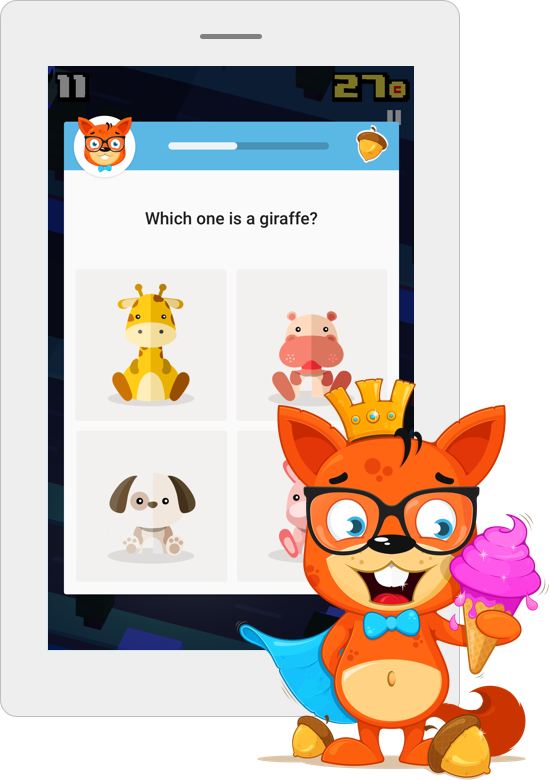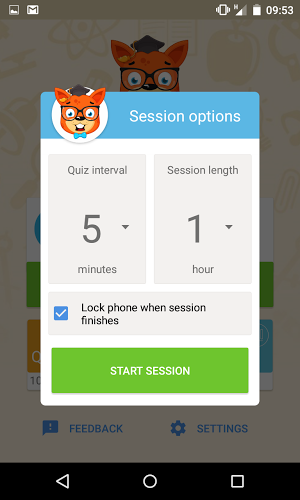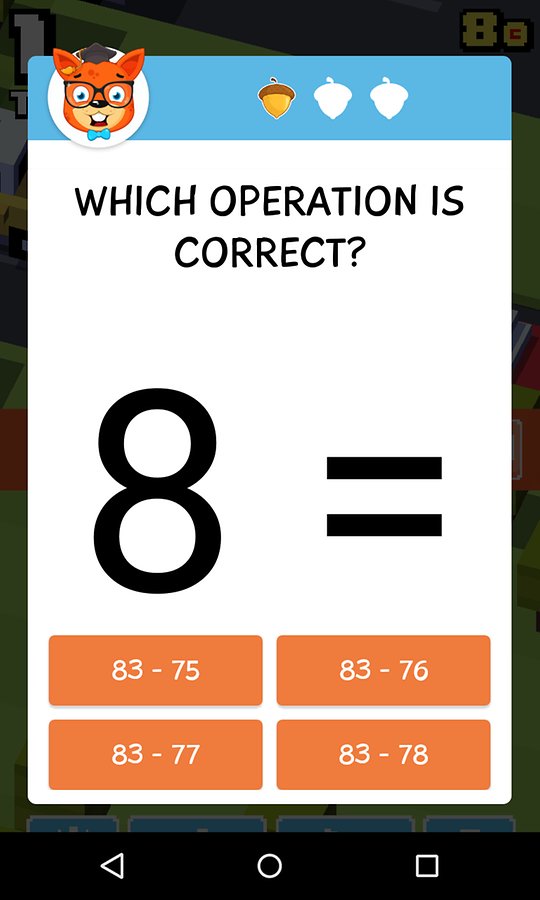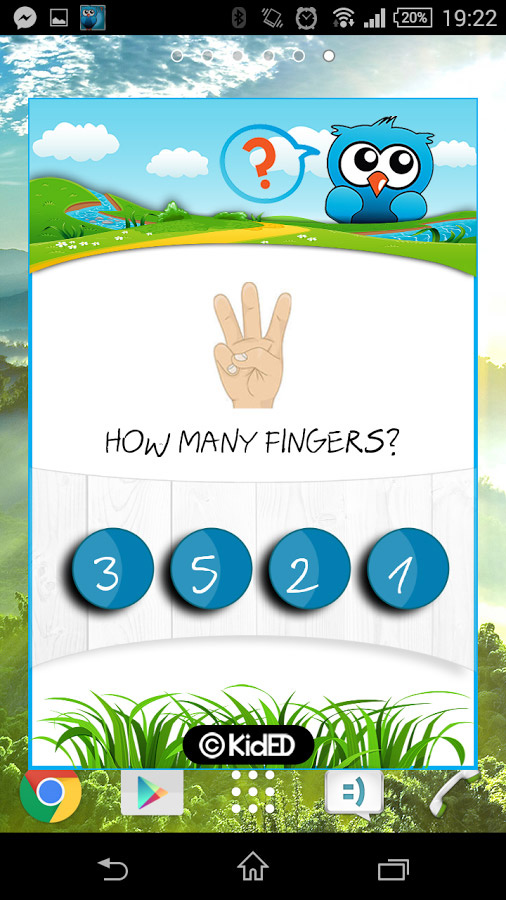We all know that screentime is here to stay for our kids generation – and I think most of us agree it’s a pretty amazing opportunity for them. The breadth of the the world’s knowledge is literally at their fingertips, available for the searching (although I admit with the wealth of wisdom at her own delicate fingertips, my then-8yr old preferred to amuse herself and her friends by asking Google “how d’you say poo in Spanish?”).
But I’m pretty sure we’re all convinced that our children aren’t getting the most out of that screen; they’d happily spend hours on end glued to their favourite YouTuber without once seemingly gaining anything ‘useful’.
Now I may or may not agree that YouTube is not useful for kids, but that’s neither here nor there – the fact remains that learning stuff and sharpening brain skills is never bad, and opportunities should be used whenever they arise to do so.
So I was really keen to take a look at the new KidED app – right now they’re looking for early adopters to try out KidED´s prototype app – it is completely free to use, and entirely without in-app purchases ( I know, hooray, right?)

What is it?
KidEd is an app for children ages three to eight that teaches valuable lessons while the child is playing games, watching videos, or using other apps on a smartphone or tablet. It was developed with the help of scientists.
KidED limits android tablet or phone misuse by limiting tablet time per day – but it’s much more than just another parental control lockdown.

Periodically (and yes, you get to set the intervals), quizzes and tasks pop up which the child needs to answer in order to unlock the device and gain further tablet time! These assignments also allow KidED to assess the skills development of the child (including maths, reading, language, problem-solving, logical thinking and social perception), and so not only target the level of what your child is tasked with, but also send a regular report to the parent which shows the child’s development, and suggestions for apps and activities which have shown to stimulate development in each area.

So you’re keeping control of screen time, and you’re also maximising the learning potential of their devices – no more parental guilt at all the hours they’re wasting away sniggering at weird-voiced YouTubers being ridiculous. If you’re totally anti-screen time, I’d recommend getting a collection of board games that can keep them entertained for hours and even help their little brains develop faster. My favorites are Uzzle, Uno, Rhino Hero, and Dinosaur Escape.
How does it work?
When KidED is activated, a window pops up at your chosen pre-set interval and the child will be asked educational questions. Only by providing an answer can the window be closed and previous activity resumed. Depending on their age, children can learn the alphabet, solve math problems or train their brains by answering more advanced questions.
After the session ends, KidED locks the device, reminding your child to take a break.
KidED’s long-term aim is to develop an application which turns Android and Amazon devices into safe and autonomous learning devices for children aged 3-12, allowing children to explore while leaving parents safe in the knowledge that they allow risk-free play time while optimising development.
Most interesting for me is that KidED themselves focus on assessment and advice, and expressly not on the difficult and risky task of creating the educational content and material.
Instead they function as a marketplace for educational apps, seeking out the most effective educational apps that have been proven to work based on the real-world evidence of KidED’s continuous assessments.
Take a look – KidED is available on Android currently, and as it’s free you have nothing to lose by giving it a try. We think you’ll be rather liking it very soon :)


